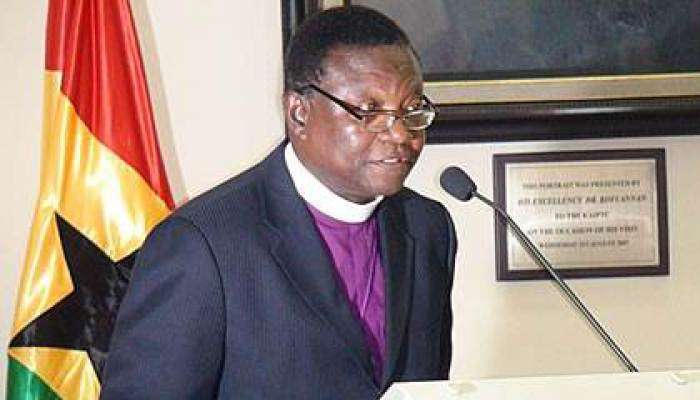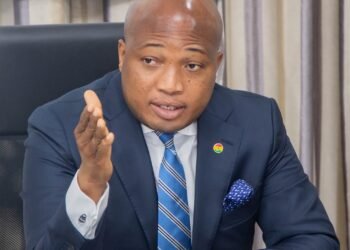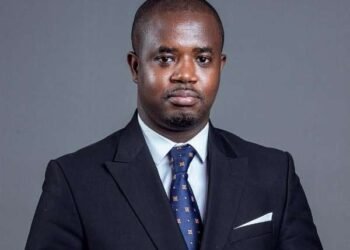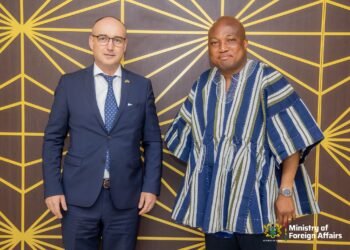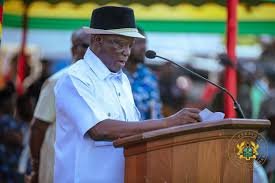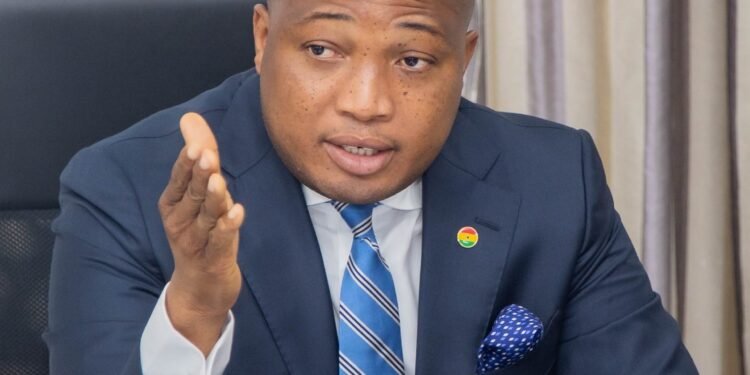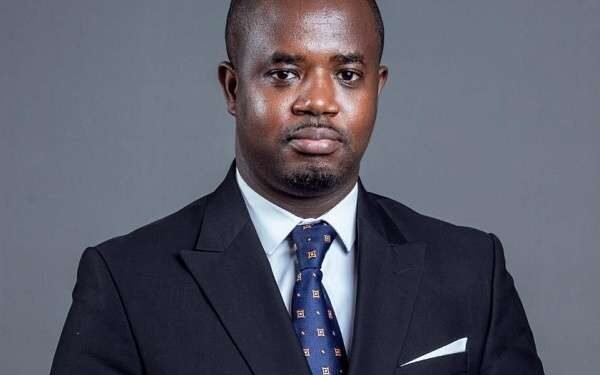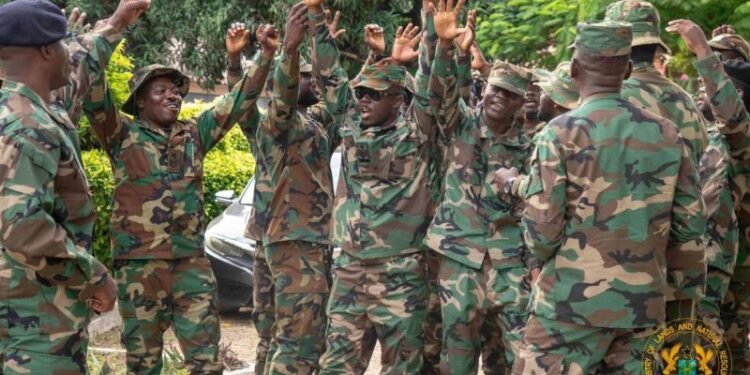Most Reverend Professor Emmanuel Asante, a former chairman of the National Peace Council, has reiterated the importance of making election peace pacts a legally binding document in Ghana.
Prof. Asante believes this would compel presidential candidates to participate in the pact, ensuring that elections remain peaceful, even amid disagreements. His comments follow controversy over the peace pact, which the opposition National Democratic Congress (NDC) refused to sign for varied reasons.
Prof. Asante’s suggestion reflects the evolving nature of electoral politics in Ghana, where peace pacts have become a recurring topic. The idea of making such pacts legally binding is rooted in the need to prevent electoral violence and post-election conflicts.
Prof. Asante argued that legally binding peace pacts would place a stronger obligation on political leaders, ensuring that their commitment to peaceful elections is more than just symbolic.
According to Prof. Asante, Making it a legally binding document will force presidential candidates to sign the pact, ending any brouhaha.
By establishing this legal obligation, Prof. Asante hopes that political parties, regardless of their differences, will adhere to the principles of peace and avoid actions that could destabilize the country. Prof. Asante emphasized that while grievances may not be entirely resolved, a legally binding pact would promote a consensus and a peaceful environment before, during, and after elections.
Challenges with Past Peace Pacts
Meanwhile, in the past, peace pacts have faced challenges, particularly with the reluctance of some political parties to participate. The NDC, for instance, has expressed reservations about the peace pact, citing various reasons for their refusal to sign it. The tension between the NDC and the Electoral Commission (EC) has often been a stumbling block in fostering a unified approach to electoral peace.
“The NDC and the EC have had, problems in the past not coming together the way they should to discuss issues.”
Most Reverend Professor Emmanuel Asante former chairman of the National Peace Council
Prof. Asante expressed hope that open and frank discussions between the parties would eventually lead to a resolution of these issues. While he acknowledged that complete satisfaction of grievances might not be possible, Prof. Asante urged for a consensus that would facilitate peaceful elections.
“People’s grievances cannot be dealt with in an election of this nature in any country. But at least we should be able to promote some form of agreement that will enable us to issue our elections, before and after, in peace.”
Most Reverend Professor Emmanuel Asante former chairman of the National Peace Council
Call for Presidential Debates
In addition to advocating for legally binding peace pacts, Prof. Asante also called on presidential candidates to subject themselves to public debates. Prof. Asante believes that debates offer a critical platform for candidates to present and contest their ideas, ultimately deepening Ghana’s democracy. Prof. Asante argued that it would allow voters to make more informed decisions, as they would have the opportunity to hear directly from candidates on the policies and programs they intend to implement.
“If parliamentary candidates will respect the public, you know, offer themselves to debate issues… After all, how many people in Ghana would even take time to listen to this thing?”
Most Reverend Professor Emmanuel Asante former chairman of the National Peace Council
Prof. Asante pondered, recognizing that not all voters may be interested in debates. However, he stressed that debates are essential for promoting democratic engagement and helping undecided voters make informed choices.
While he acknowledged that some voters are already committed to particular political parties and may not be swayed by debates, he emphasized that debates still have the potential to influence those who are undecided.
“There are people who are committed to particular political parties’, debates won’t change anything for them. But there are those such debates will help them decide.”
Most Reverend Professor Emmanuel Asante former chairman of the National Peace Council
Promoting Democracy through Debate
Prof. Asante’s call for debates is rooted in his belief that any measure that promotes Ghana’s democracy should be encouraged.
Prof. Asante views debates as a means of fostering accountability and transparency, as candidates are required to articulate their ideas and defend their positions in a public forum. This, in turn, can lead to more informed and engaged voters, ultimately strengthening the democratic process.
“For me, it is very, very important,” Prof. Asante emphasized, underscoring the significance of debates in promoting democratic values. He urged political parties and candidates to embrace debates as an opportunity to engage with the electorate and demonstrate their commitment to democratic principles. Prof. Asante’s call for legally binding peace pacts and presidential debates reflects his deep concern for the future of Ghana’s democracy.
By making peace pacts legally binding, he hopes to ensure that political parties adhere to the principles of peaceful elections, even amid disagreements. Additionally, his call for debates underscores the importance of transparency, accountability, and democratic engagement. As Ghana continues to navigate its electoral landscape. Prof. Asante’s recommendations offer a path toward strengthening the nation’s democratic institutions and promoting peaceful elections.
READ ALSO; Korede Bello Claims Young Artists Have Lowered Music Quality

